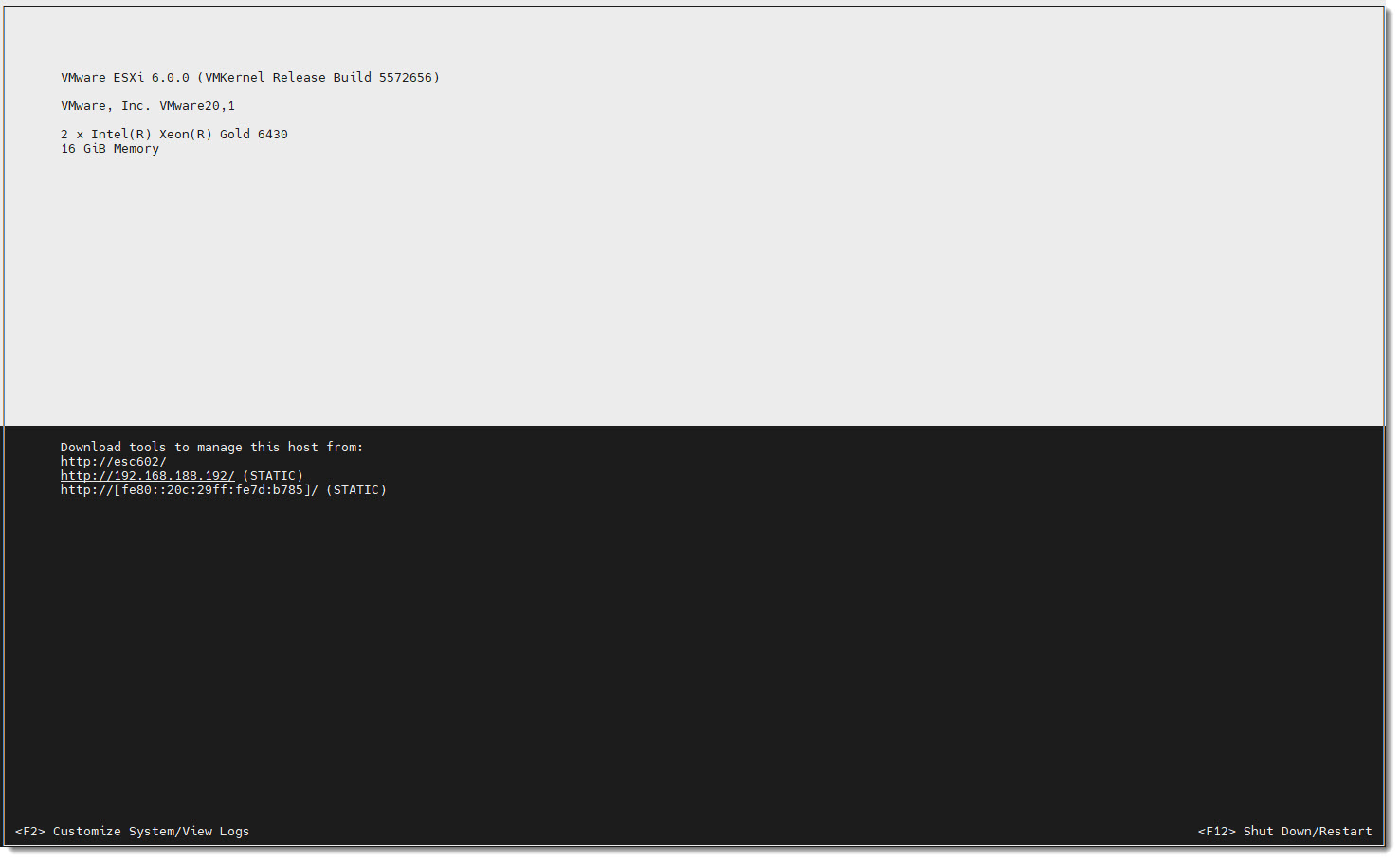VMware ESXi and vCenter Server are critical components in a virtualized infrastructure, and understanding their file structure, logs, and tools can help administrators troubleshoot issues effectively. In this blog post, we will explore the most useful folders, tools, and logs in VMware ESXi and vCenter Server.
1. Important ESXi Directories and Logs
Key ESXi Folders
ESXi has a structured file system that stores virtual machine data, logs, and configuration files. Below are some of the most important directories:
/var/log/– Contains ESXi system logs and troubleshooting information./vmfs/volumes/– Stores all VM datastores./etc/vmware/– Contains configuration files for the ESXi host./scratch/– A persistent scratch space for logs and temporary files./opt/vmware/– Contains additional tools and utilities for ESXi.
Critical ESXi Log Files
Log files in ESXi are essential for diagnosing performance issues, hardware failures, and system errors.
/var/log/vmkernel.log– Logs interactions between the ESXi kernel and hardware components./var/log/hostd.log– Logs activities related to the ESXi management service (hostd)./var/log/vpxa.log– Records communication between vCenter and the ESXi host./var/log/vmkwarning.log– Stores warnings and system messages./var/log/syslog.log– General system logs including services and daemon activities./var/log/fdm.log– Logs related to vSphere High Availability (HA) agent./var/log/esxupdate.log– Logs related to ESXi updates and patches.
2. Important vCenter Server Directories and Logs
vCenter Server is responsible for managing multiple ESXi hosts. Its logs and directories are useful for troubleshooting cluster-wide issues.
Key vCenter Directories
- Windows-based vCenter Server:
C:\ProgramData\VMware\VMware VirtualCenter\Logs– Main log directory.C:\ProgramData\VMware\vCenterServer\logs– Additional logs for services.
- vCenter Server Appliance (VCSA):
/var/log/vmware/– Primary location for vCenter logs./var/core/– Stores core dump files./etc/vmware/– Contains configuration files.
Important vCenter Log Files
/var/log/vpxd.log– Main vCenter Server log./var/log/vpxd-profiler.log– Performance and profiling logs./var/log/vmware/vpxd/vsan.log– Logs related to VMware vSAN./var/log/vmware-sso/– Logs related to the Single Sign-On service./var/log/vmware/vcha/– Logs related to vCenter High Availability (VCHA)./var/log/rhttpproxy.log– Logs related to vSphere Client communication.
3. Essential ESXi and vCenter Tools
Built-in ESXi Tools
- esxcli – The most powerful command-line tool for managing ESXi.
esxcli system version get
esxcli storage vmfs extent list- vim-cmd – Used to interact with VMs and vSphere APIs.
vim-cmd vmsvc/getallvms
vim-cmd vmsvc/power.getstate <vmid>- vmkfstools – Used for disk operations (e.g., cloning, expanding VMFS volumes).
vmkfstools -C vmfs6 /vmfs/devices/disks/naa.xxx- dcui – The Direct Console User Interface (DCUI) is a command-line tool for managing an ESXi host directly from the console.

vCenter Server Tools
- vSphere Client (HTML5 UI) – The primary graphical interface for managing vCenter Server and ESXi hosts.
- PowerCLI – A powerful command-line interface for VMware management.
Get-VM | Select Name, PowerState
Get-VMHost | Select Name, Version- govc (vSphere CLI for Automation) – A CLI tool for vSphere automation.
govc ls
govc vm.info MyVM4. How to Collect and Analyze Logs
If you need to troubleshoot issues in ESXi or vCenter, you can use these methods to collect logs:
Manually Download Logs
- Log in to vSphere Client.
- Navigate to Host > Monitor > Logs.
- Download specific log files or generate a support bundle.
Use vm-support to Generate a Log Bundle
If VMware Support needs diagnostic logs, generate a bundle using:
vm-support -w /tmpExport vCenter Logs
For vCenter Server Appliance (VCSA), use:
vc-support.shFor Windows vCenter:
C:\Program Files\VMware\vCenter Server\vpxd.exe -lAnalyze Logs with Tools
- vSphere Log Browser – Built-in tool for viewing logs in vSphere Client.
- VMware Skyline Health Diagnostics – Automatically analyzes logs for issues.
- Splunk or Log Insight – For deeper log analysis and centralized logging.
Conclusion
Understanding the key folders, tools, and logs in ESXi and vCenter is essential for VMware administrators. By leveraging built-in tools like esxcli, vmkfstools, and vm-support, you can efficiently manage and troubleshoot your virtual infrastructure.
If you are frequently managing VMware environments, keeping a reference to these directories and logs will save you time when diagnosing performance issues or failures.
